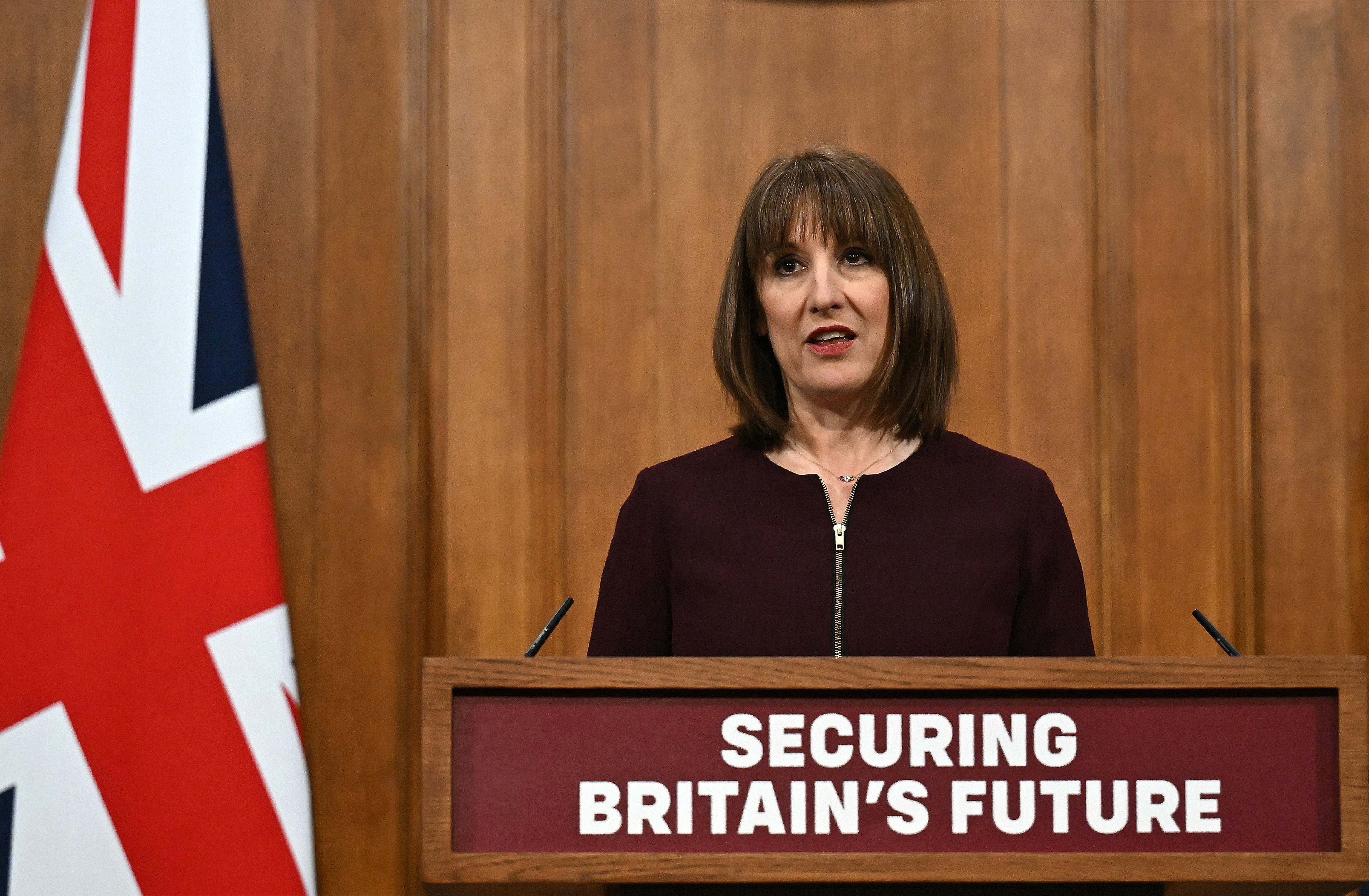Rachel Reeves is looking at imposing a fresh tax raid on savers by giving HMRC new powers to dock workers’ pay and acquire data about customers from banks.
It comes as part of a wider drive to ensure people pay the tax they owe amid concern that savers are failing to pay the correct tax on interest earned, as the Treasury seeks extra income without directly hiking taxes.
At the Spring Statement, the chancellor vowed to increase the number of tax fraudsters charged every year by 20 per cent, promising to invest in HMRC’s “capacity to crack down on tax avoidance”.
Consultation documents published in the wake of the Spring Statement indicated that proposals being considered by the government include plans to allow banks to hand over more personal information about their savers, including National Insurance numbers, that would make it easier for HMRC to match taxpayers with the money in their savings accounts.

While banks and building societies are currently responsible for passing information about customers who need to pay tax on their savings to HMRC, the data is often incompatible with current systems. Data for as many as one in five accounts is unreadable, the Treasury said.
“Third-party data can give HMRC insight into those who undermine the fairness of the system by misrepresenting their income or hiding their assets”, the document reads.
“Making better use of available third-party data will enable HMRC to raise the bar on tax compliance, delivering revenue to fund our core public services.”
The consultation also includes proposals to change the current system of tax collection used by most employees, allowing HMRC to alter workers’ tax codes more easily to collect tax owed on bank and building society interest (BBSI).
“The department already adjusts PAYE tax codes for BBSI income as part of its annual reconciliation process – timely financial account data will enable tax codes to reflect a more up-to-date position for taxpayers”, the document says.
“There is a growing case to improve data quality reporting to ensure the process for paying tax is easier for taxpayers and that the correct amounts are accounted for and collected to fund our vital public services.”
In 2023-24, HMRC’s figures show that around 2.7 million savers paid tax on savings – four times the number who did so four years ago, when interest rates were close to record lows.
HMRC estimates that an extra 893,000 people will have to pay tax on savings by 2028-29, driven by frozen income tax thresholds which allow people to be dragged into higher tax brackets, alongside more generous returns on savings.
According to the Office for Budget Responsibility (OBR), around four million people will end up paying higher rates of income tax by 2027/2028 as a result of the frozen thresholds – which is scheduled to be lifted by the 2028/2029 financial year.
The chancellor’s drive to raise revenue comes as she attempts to stick to her own fiscal rules amid a worsening economic outlet, after making sweeping spending cuts earlier this week.
But Mike Warburton, former tax director at Grant Thornton, warned that the government risks slipping into a ‘Big Brother’ scenario.
“I have no problem with HMRC developing and expanding their systems to collect information that they need to assess the tax that we owe”, he told The Telegraph.
“What I would be concerned about is the expansion of this into a ‘Big Brother’ scenario where the Government collects information of a wider nature which they can then use to control us.”
Meanwhile, John O’Connell, chief executive of the TaxPayers’ Alliance, accused HMRC of having become “increasingly Kafkaesque in its dealings with the public, particularly high earners with complicated tax affairs”.
“The taxman needs to ensure that any changes result in a more open, transparent and receptive body than is the case now”, he added.
But an HMRC spokesperson told the Telegraph the proposals would “be positive for savers, by making it easier for them to get their tax right first time.”
The latest policy proposals for savers come amid concerns that cash Isa allowances are under threat, after the government confirmed it is looking at options for reforms.
There have previously been reports that ministers were considering lowering the annual cash Isa allowance to £4,000, from £20,000, to encourage more people to put their money into investments.
The Treasury has been contacted for comment.



